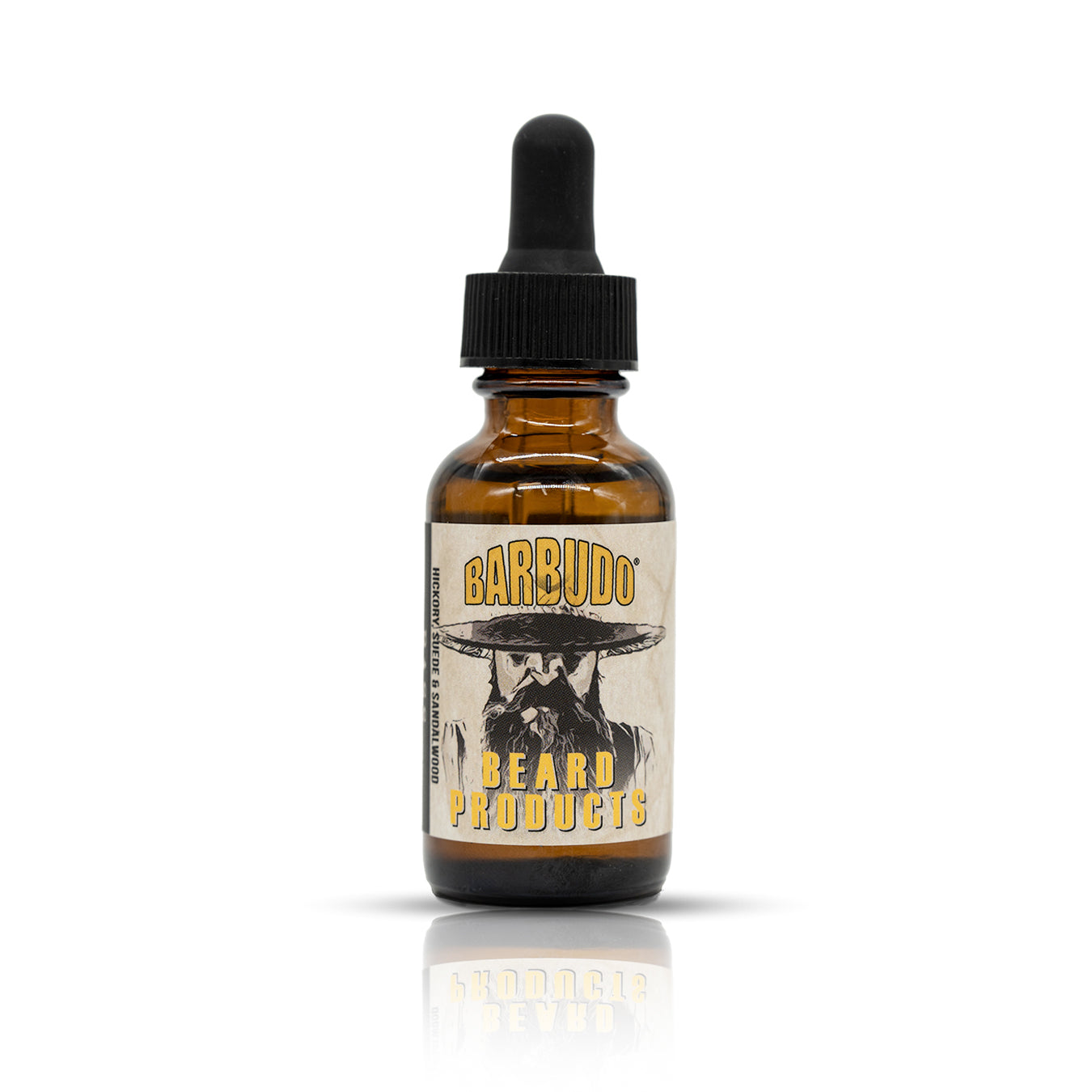
5 Reasons Why Your Beard Isn't Growing: Common Causes and Fixes
Share
Table of Contents
- Introduction
- 1. Genetics
- 2. Hormonal Imbalances
- 3. Poor Diet
- 4. Stress and Lifestyle
- 5. Improper Beard Care
- Fixes and Tips for Better Beard Growth
- Recommended Products
- FAQ
- Conclusion
Introduction
For many men, growing a full, luscious beard is a dream. But what happens when your beard seems to stop growing or grows unevenly? It can be frustrating, but understanding the reasons behind slow or patchy beard growth can help you address the issue. In this guide, we’ll explore five common reasons why your beard isn’t growing and provide actionable fixes to get your beard back on track.

1. Genetics
One of the biggest factors in beard growth is genetics. If your family has a history of sparse or slow-growing beards, you may inherit those traits. While you can’t change your DNA, focusing on the factors you can control—like proper care and a healthy lifestyle—can still improve growth.
Learn more about genetics and beard care in our blog: What Is Some Good Advice About Beard Care?.
2. Hormonal Imbalances
Testosterone and dihydrotestosterone (DHT) play key roles in beard growth. Low levels of these hormones can result in patchy or slow-growing beards. If you suspect hormonal issues, consult a doctor to explore potential treatments or natural ways to boost hormone levels.

3. Poor Diet
Your beard relies on essential nutrients like biotin, vitamin E, and zinc for growth. A poor diet lacking these nutrients can lead to weak, slow-growing facial hair. Focus on a balanced diet rich in protein, healthy fats, and vitamins to support your beard.
Check out our collection of beard oils to nourish your beard: Barbudo Beard Oils.
4. Stress and Lifestyle
Stress increases cortisol levels, which can inhibit testosterone production and beard growth. Additionally, lack of sleep, smoking, and a sedentary lifestyle can negatively impact your body’s ability to grow a healthy beard. Addressing these lifestyle factors can make a significant difference.
5. Improper Beard Care
Neglecting your beard or using harsh products can damage the hair follicles and stunt growth. Failing to clean, hydrate, and groom your beard properly may lead to split ends and uneven growth. A good beard care routine is essential for optimal growth.
Try our Sundance Balm for deep hydration and nourishment.
Fixes and Tips for Better Beard Growth
- Adopt a Beard Care Routine: Use a quality beard wash, oil, and butter to keep your beard clean, hydrated, and nourished.
- Focus on Nutrition: Incorporate foods rich in biotin, zinc, and vitamin D into your diet.
- Exercise Regularly: Physical activity helps increase testosterone levels, which promotes beard growth.
- Reduce Stress: Practice stress management techniques like meditation or yoga to lower cortisol levels.
- Stay Consistent: Beard growth takes time. Avoid trimming or shaping your beard too early during the growth phase.
Recommended Products
Ringo Oil - Unscented
A lightweight, non-comedogenic oil that hydrates and nourishes hair follicles. Shop now.
Sundance Balm - Coconut, Papaya, Lemongrass, and Cacao
This balm provides deep hydration and helps prevent split ends. Try it here.
Gentle Beard Wash
A sulfate-free beard wash that cleans without stripping natural oils. Explore here.
FAQ
Why is my beard patchy?
Patchiness can result from genetics, hormonal imbalances, or uneven hair growth patterns. Addressing your diet, stress levels, and grooming habits can help.
How long does it take to grow a full beard?
On average, it takes about 3–6 months to grow a full beard, depending on genetics and care routines.
Can supplements help with beard growth?
Supplements like biotin and zinc can support healthy beard growth, but they work best alongside a balanced diet and proper care.
What should I do if my beard doesn’t grow at all?
If your beard doesn’t grow at all, it may be worth consulting a dermatologist or endocrinologist to check for underlying issues like hormonal imbalances.
How do I keep my beard healthy while growing?
Focus on hydration, regular grooming, and using products that protect your hair and skin, like beard oils and balms.
Conclusion
Growing a beard can take time and patience, but understanding the reasons behind slow or uneven growth can help you take actionable steps. From genetics to grooming routines, addressing the common causes of poor growth can make a significant difference. Explore Barbudo Beard Products to find the tools and products you need to grow your best beard yet.

